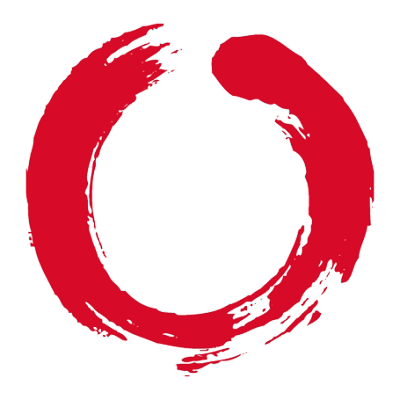The high-level talks between India and Iran continue, and S Jaishankar is currently in Iran as a participant.
Tehra:
As part of its New Education Policy, the Indian government has chosen to include Farsi (Persian) as one of nine classical languages, marking a major step toward strengthening cultural connections, according to External Affairs Minister S. Jaishankar.
“The government of India has decided to include Farsi as one of the nine classical languages of India in our New Education Policy,” stated S. Jaishankar, drawing attention to the literary, cultural, and linguistic ties that bind Iran and India.
These were the views made by S Jaishankar and his Iranian counterpart, H. Amir-Abdollahian, during a joint press conference on Monday. Jaishankar is now on a two-day visit to Iran.
This acknowledgment demonstrates a dedication to promoting a deeper comprehension and admiration of Farsi’s rich history within the Indian educational system. Classical language designation was bestowed upon Tamil in 2004, making it the first language in India to do so. Additionally, the Indian government has recognized Sanskrit, Kannada, Malayalam, and Odia as classical languages.
“In addition to these classical languages Pali, Persian, and Prakrit; and their works of literature too must be preserved for their richness and for the pleasure and enrichment of posterity,” states India’s National Education Policy-2020.
The press conference was a chance for S. Jaishankar and Amir-Abdollahian to discuss the many facets of their bilateral relations, including economic and political ties. “The foreign minister and I specifically focused on its political and economic aspects, but naturally there were other domains as well,” the External Affairs Minister clarified.
Interpersonal relationships, as well as the deep literary, cultural, and linguistic links between the two countries, were acknowledged by the ministers.
Our strengths have always included our people-to-people interactions. The strong literary, cultural, and linguistic links between Iran and India provide a special basis for the two countries to welcome more visitors, students, artists, athletes, and academics. S. Jaishankar made the statement, “We discussed how we can better link our cultural and educational institutions,” while highlighting the possibility of improved collaboration in other domains.
When asked about regional connectivity, S. Jaishankar reaffirmed India’s desire to use Iran as a gateway to Central Asian, Afghan, and Eurasia markets. For the interest of both parties, the ministers discussed potential avenues for deepening economic ties and improving regional connectivity.
Naturally, today’s conversations centered on regional connectivity, a crucial cornerstone of India-Iran relations. “I want to stress again how interested India is in taking advantage of Iran’s strategic location to reach customers in Central Asia, Afghanistan, and everywhere in between,” he continued.
S. Jaishankar was pleased with the thoroughness of the talks, which he said highlighted the regularity of high-level contacts between the two nations. The fact that high-level contacts between our countries have been ongoing has helped my discussions today. He emphasized that just recently, in Johannesburg, Prime Minister Modi and President Raisi met.
Our top brass has been in constant communication by phone and letter. Over the past several days, I have also kept in touch with Abdollahian on a daily basis. Additionally, he mentioned that our Foreign Office Consultations were held just two months ago. He went on to say that the regularity of these exchanges, along with the guidance given by our leadership, has laid a sound foundation for expanding substantive cooperation in many areas.
While in Iran on Monday, S. Jaishankar met with the minister of roads and urban development to discuss the creation of a “long-term cooperation framework” for the vital marine facility Chabahar Port, which is located on the country’s southeast coast.
The Ministry of External Affairs has announced that Mr. Jaishankar, the Minister of External Affairs, is now in Iran as part of the continuing high-level discussions between the two countries.




